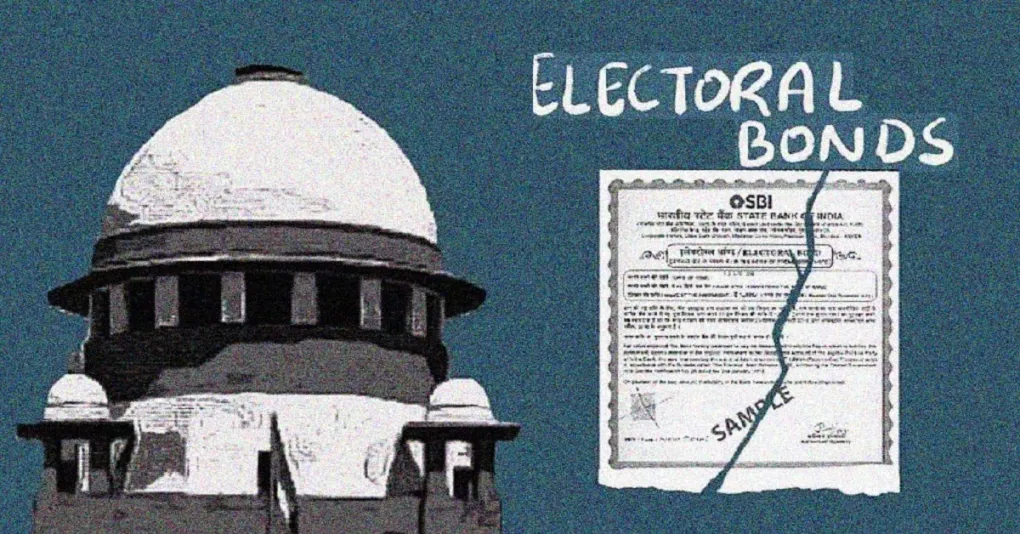Jahanvi Agarwal
In a groundbreaking verdict announced on 15th February 2024, the Supreme Court declared the electoral bonds scheme as “unconstitutional”, shaking up the political landscape just months before the upcoming Lok Sabha elections. The decision, delivered by a five-judge Constitution Bench, marks the conclusion of a long-debated method of political funding that has been mired in controversy since its inception.
In 2018, the electoral bond system was introduced by the government led by Prime Minister Narendra Modi. These bonds are exclusively available for purchase from the State Bank of India. The donors can contribute to any political parties anonymously through these bonds. Despite the technical anonymity of donors, it’s worth noting that the SBI is a public institution, which implies that the ruling party potentially has access to the donor data. Critics argue that this accessibility to donor information could deter significant contributors from utilizing electoral bonds to support opposition parties.
Chief Justice of India DY Chandrachud, in the verdict, emphasized, “Electoral bonds scheme is violative of Article 19(1)(a) and unconstitutional.” Additionally, the court ordered the immediate halt of electoral bond issuance by the SBI.
Furthermore, the Supreme Court mandated SBI to furnish detailed records of all electoral bond contributions received by political parties, spanning from the scheme’s inception in 2019 to the present day. Chief Justice Chandrachud reiterated, “SBI shall furnish the details of donations through electoral bonds and the details of the political parties which received the contributions.”
The Election Commission of India (ECI) is tasked with publishing this information on its official website within three weeks, ensuring transparency and public accessibility. The electoral bonds scheme was introduced with the aim of enhancing transparency in political donations. However, critics argued that the anonymity it offered facilitated corruption and disrupted the equilibrium among political parties.
The Supreme Court’s decision stemmed from petitions challenging amendments made by the Finance Act 2017, which established the electoral bonds scheme. Opponents contended that the secrecy surrounding these bonds compromised transparency in political funding and infringed upon voters’ right to information.
The central government defended the scheme, asserting that it ensured the utilization of legitimate funds for political financing through proper banking channels. They argued that maintaining donor’s anonymity shielded them from reprisals by political entities. However, the court raised concerns about the scheme’s “selective anonymity” during the hearing, questioning its potential to legalize kickbacks for parties. Additionally, the bench queried the removal of the limit on corporate donations to political parties, allowing them to contribute more significantly than before.
Case Name: Association for Democratic Reforms & Anr. v. Union of India & Ors.
Dairy Number: 880/2017
Bench: Chief Justice DY Chandrachud, and Justices Sanjiv Khanna, BR Gavai, JB Pardiwala, and Manoj Misra
Click here to access the order.

